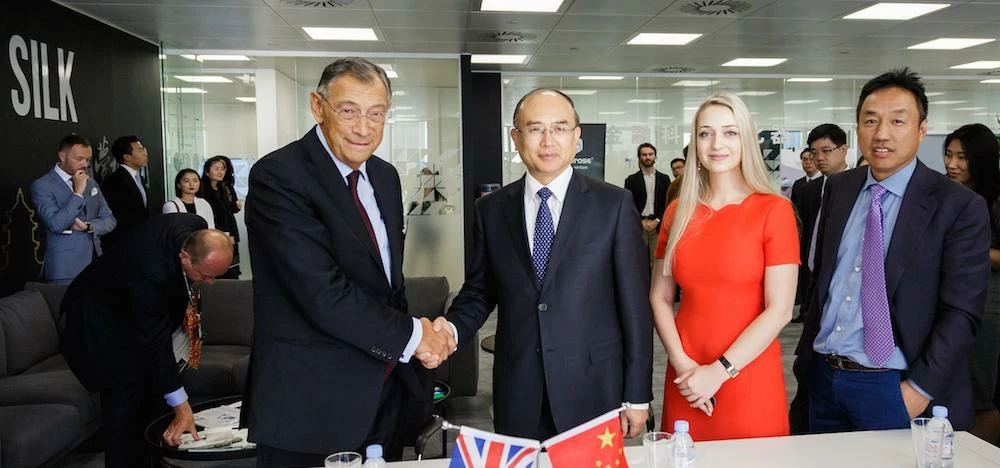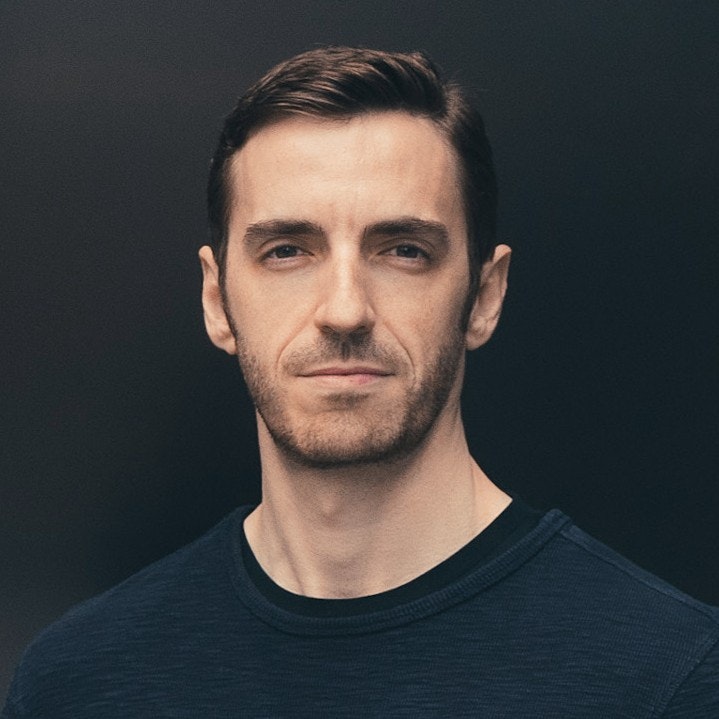In the past few months, Sifted has reported on the "toxic environment” at some VC firms, and published allegations of sexual harassment by Nenad Marovac, an award-winning investor and founding partner of VC firm DN Capital. DN and Marovac deny the allegations, and the fund tells Sifted it has set up an externally-led investigation into the claims.
In response to these articles, many readers have shared their thoughts with Sifted on what needs to be done to improve workplace culture within VC. One recurring theme was the role that limited partners (LPs) — the investors that invest in VC firms — could, or should, play.
“The LPs should be the arbiters of this, providing some control — they're the shareholders of the VC, effectively,” one male partner from a European fund tells Sifted. Like the two other anonymous investors quoted in this piece, he felt that being named could be detrimental to his career.
How does LP due diligence work?
The partner adds that the level of care taken over culture and professional standards at VC funds by LPs varies hugely.
“Some LPs don't even engage. They'll meet a couple of partners and if the returns are good, then that's fine,” he says. “Others will go really deep and they will meet the junior team and reference former employees to try and work out what’s going on. So some LPs do get into this, others don’t.”
Jörg Goschin is co-CEO of KfW Capital, an LP which invests German taxpayer money into VC firms. He says that, while his team will reference prospective funds’ former employees, portfolio founders and coinvestors, smaller LPs such as family offices — generally small, boutique operations to manage the assets of a wealthy person or family — tend to devote far less time to the process than big institutions.
“Family offices usually have much smaller teams, which do not do such a thorough due diligence process,” he says.
Others point out that LPs are likely to do more due diligence on new firms than established firms they’ve been investing in for years.
Risks of speaking out
But even if an LP does meet several members of the team, they’re unlikely to always get a true picture, says one female VC partner at a European firm, because everyone is financially incentivised to close that deal. “Are you going to turn around to a potential funder and say, ‘I feel like I’m being sexually harassed?’ You’d not only be shooting the company in the foot, you’d also be shooting yourself in the foot.”
She adds that the more junior staff are the ones with the most to lose if they blow the whistle, are exposed and become known as a “troublemaker.”
“People who are earlier in their career are faced with taking this shit or risking being ostracised: no-one wants to hire the whistleblower. It takes a really brave individual to do that,” she says.
All of this, according to the male VC partner, is compounded by the small, competitive nature of the industry — and the fact that, even if you move on from a fund, you’re likely to still be financially invested in its success via carry, the cut of fund performance given to investors.
“People want to get jobs in VC and it's very hard to get a job in VC. When you get one, it's not in your interest to speak out when you're actually at the fund. But then afterwards, it's not really in your interest either,” he says.
Another VC Sifted spoke to agrees. She says: “I have been in the situation where I have a lot to say about the toxic culture of a place I left, but when LPs contact me for DD I refuse to talk to them. Compensation in the industry is carry-based, and thus the funds still have a lot of power over you for years to come, as they can decide to withhold future carry payments.
“It’s not lack of DD,” she adds. “It’s people’s fear of being honest.”
What can be done?
The male VC partner argues that LPs should find out whether VC funds have any internal mechanisms for anonymously raising grievances as part of the due diligence process: “Making sure that they have the right setup internally should be part of the DD. It should be something the LPs ask: ‘What's your policy that allows employees to whistle blow?’”
Yvonne Baranyai-Alexander, a strategic investor relations consultant, says that LPs can currently make use of due diligence questionnaires on ESG and DEI provided by the Institutional Limited Partners Association, to meet industry standards. She adds that LPs could also ask VC funds for further action.
“In an ideal world this would include not only DEI policies, code of conduct, but also leadership driving the topic by setting targets, holding reviews and education programmes to address bias, and an incentive structure to deliver these outcomes,” she says. “This could be required in the LP investment evaluation process and reported on, both on the fund and portfolio level.”
Johannes Lenhard — co-director of VentureESG, a non-profit set up to encourage better integration of environment, social and governance standards at VCs — agrees that better processes also need to be accompanied by a deeper shift in attitude.
“Whilst transparency and ways for people to speak out is one issue, what we need to get to is what Emily Chang called the ‘Brotopian' tech culture, which is a slightly longer game,” he says.
But for the female VC partner, the change has to come from the individuals who lead firms, and it can’t just be the women speaking out.
“Having outlets like WhatsApp groups where people can chat with each other and let people know they’re not alone is helpful. But the reality is that this isn’t how things will change. Change has to be led by other partners at the firm,” she says.
“There can’t just be an angry reaction from senior women in the industry; it has to come from the men too.”
If you would like to share your own experiences of toxic workplace culture, or get in touch with Sifted confidentially, you can contact Tim Smith and Freya Pratty at tim@sifted.eu and freya@sifted.eu. There are also other ways to confidentially contact our reporters, explained here.


